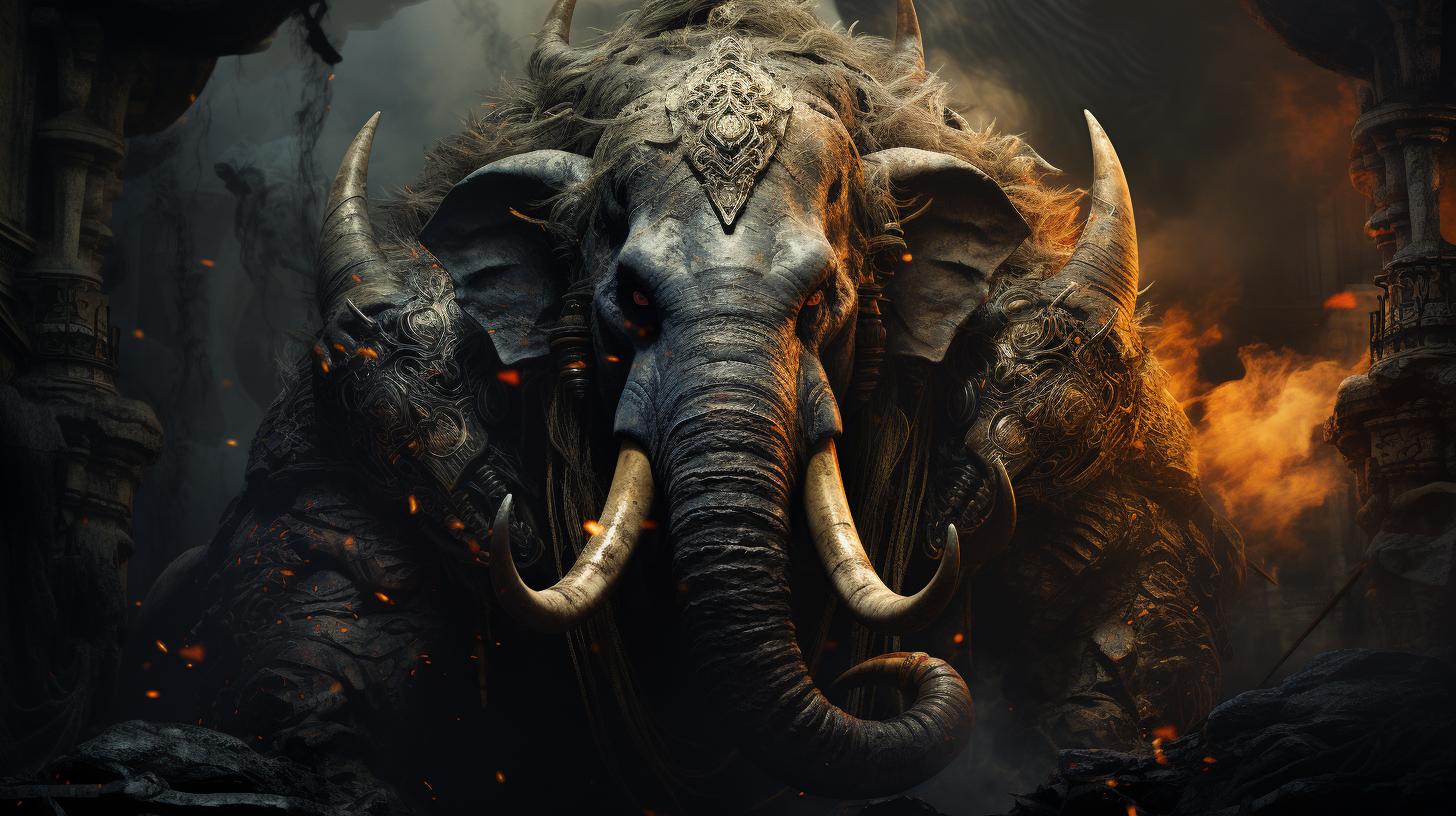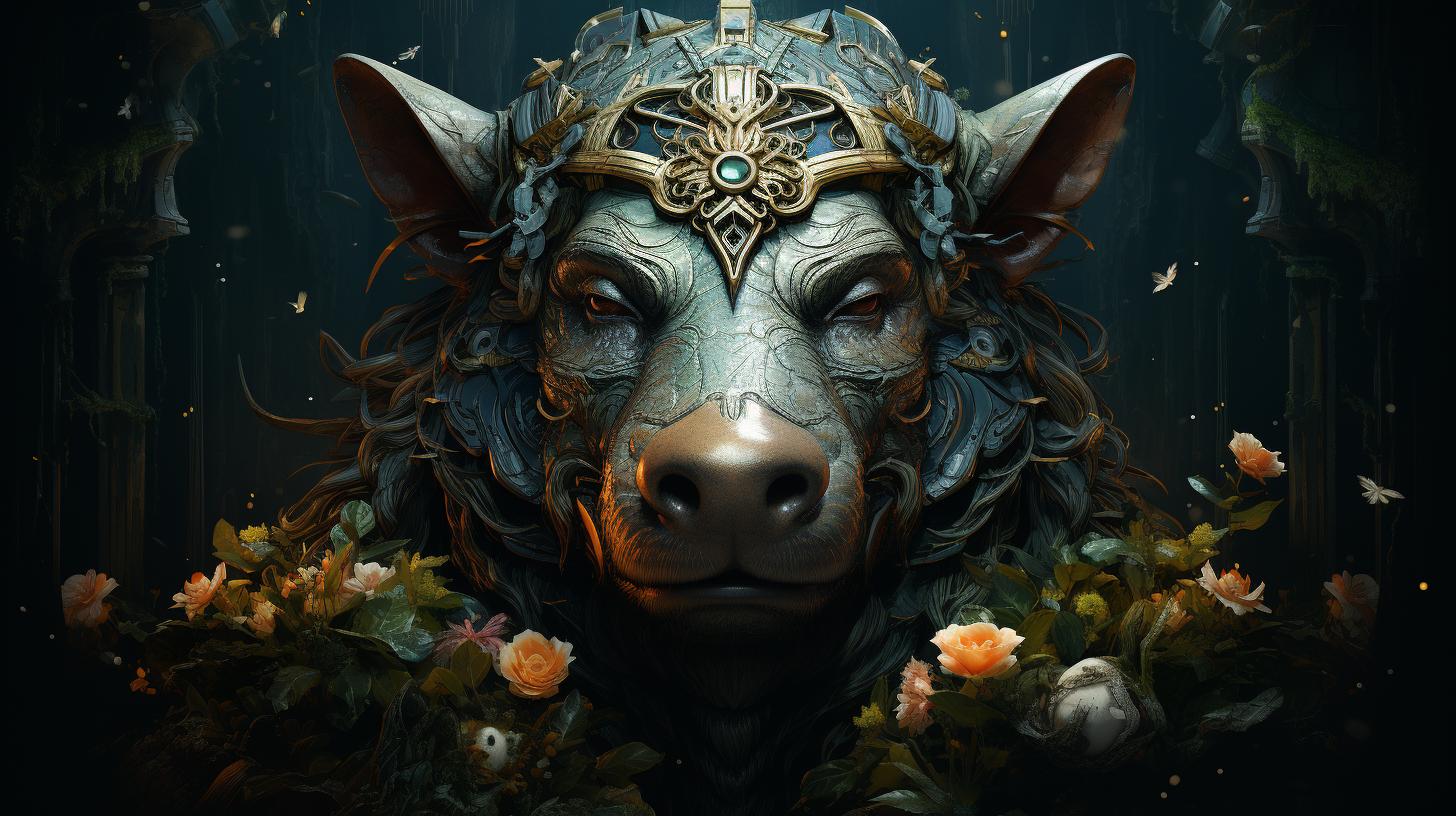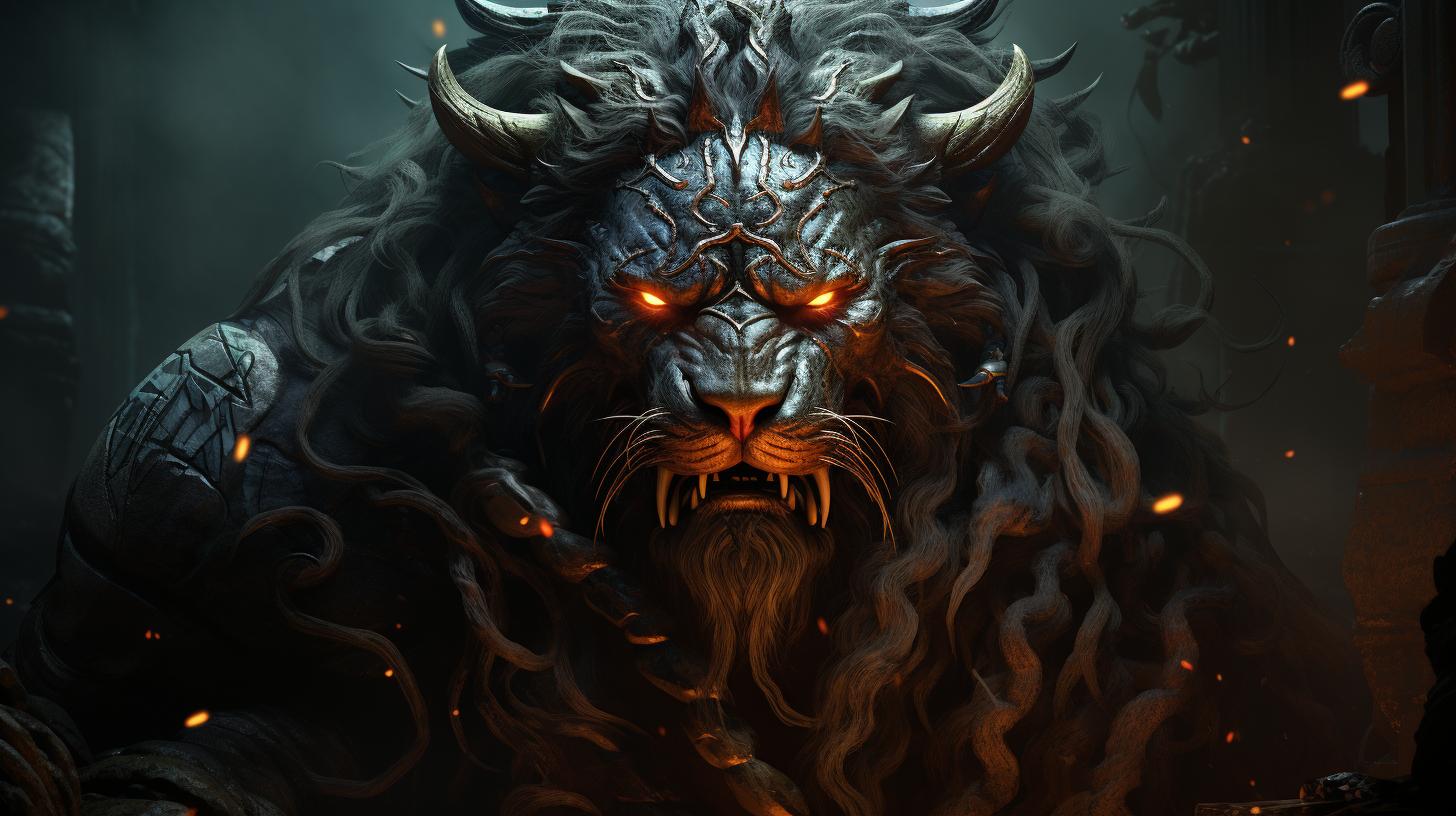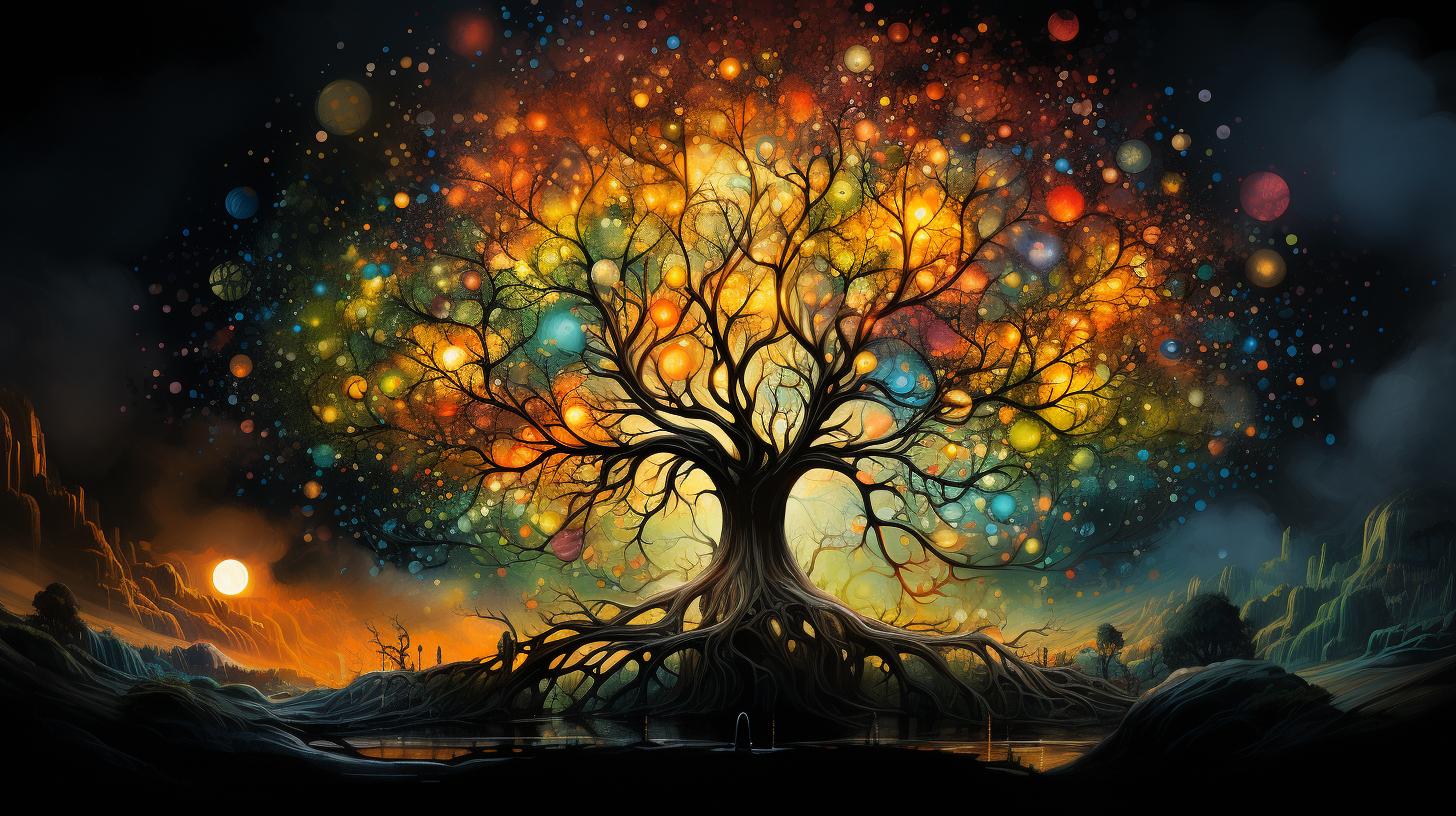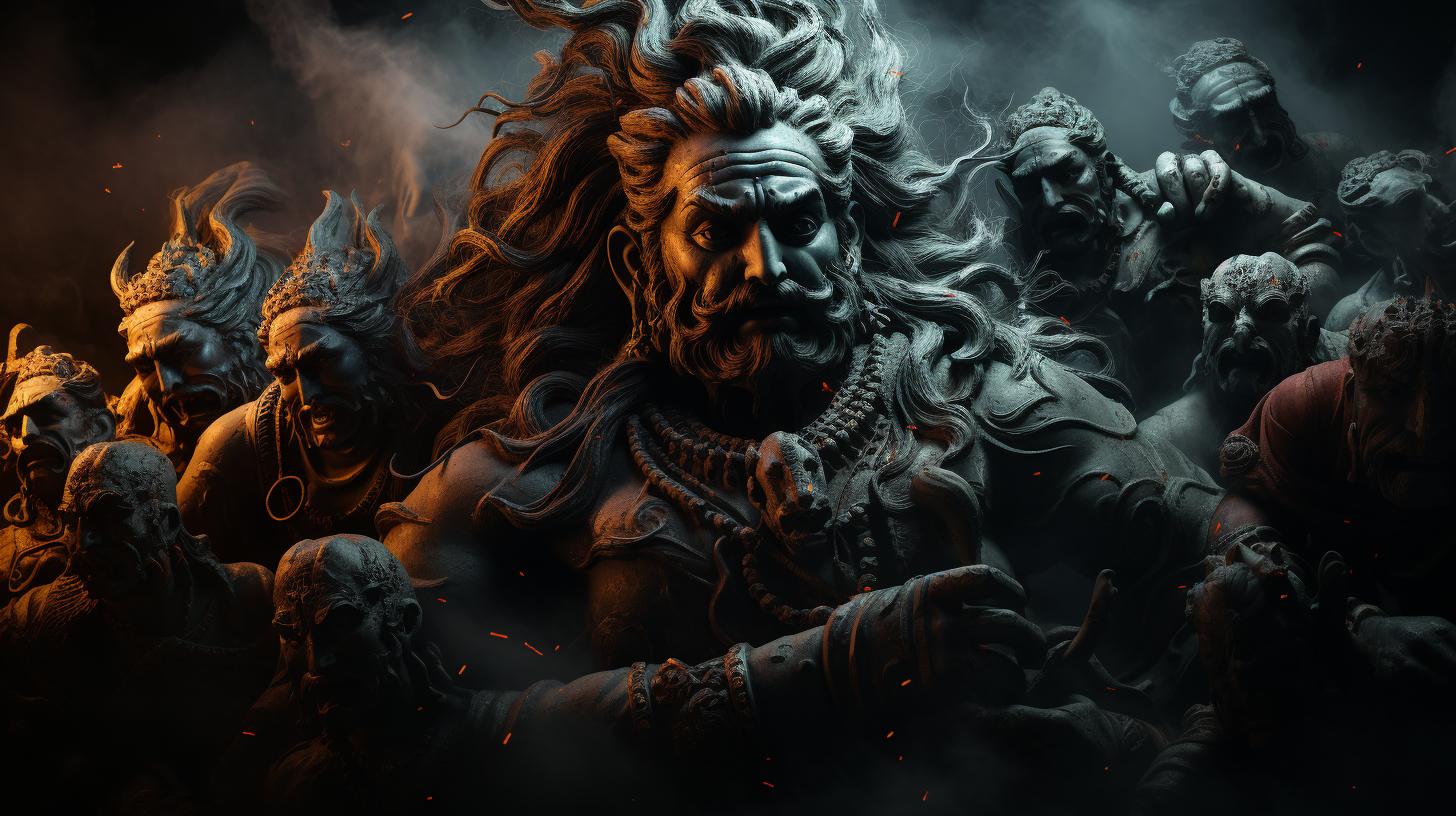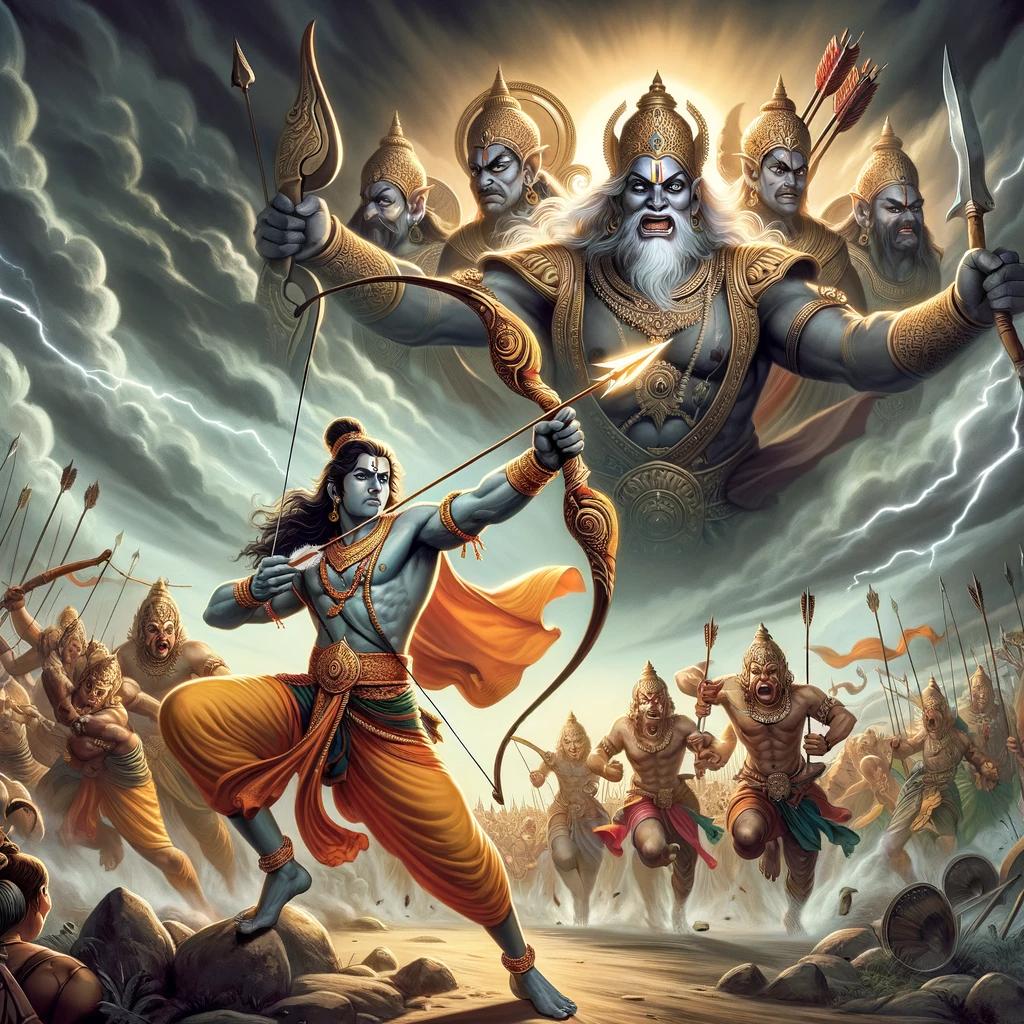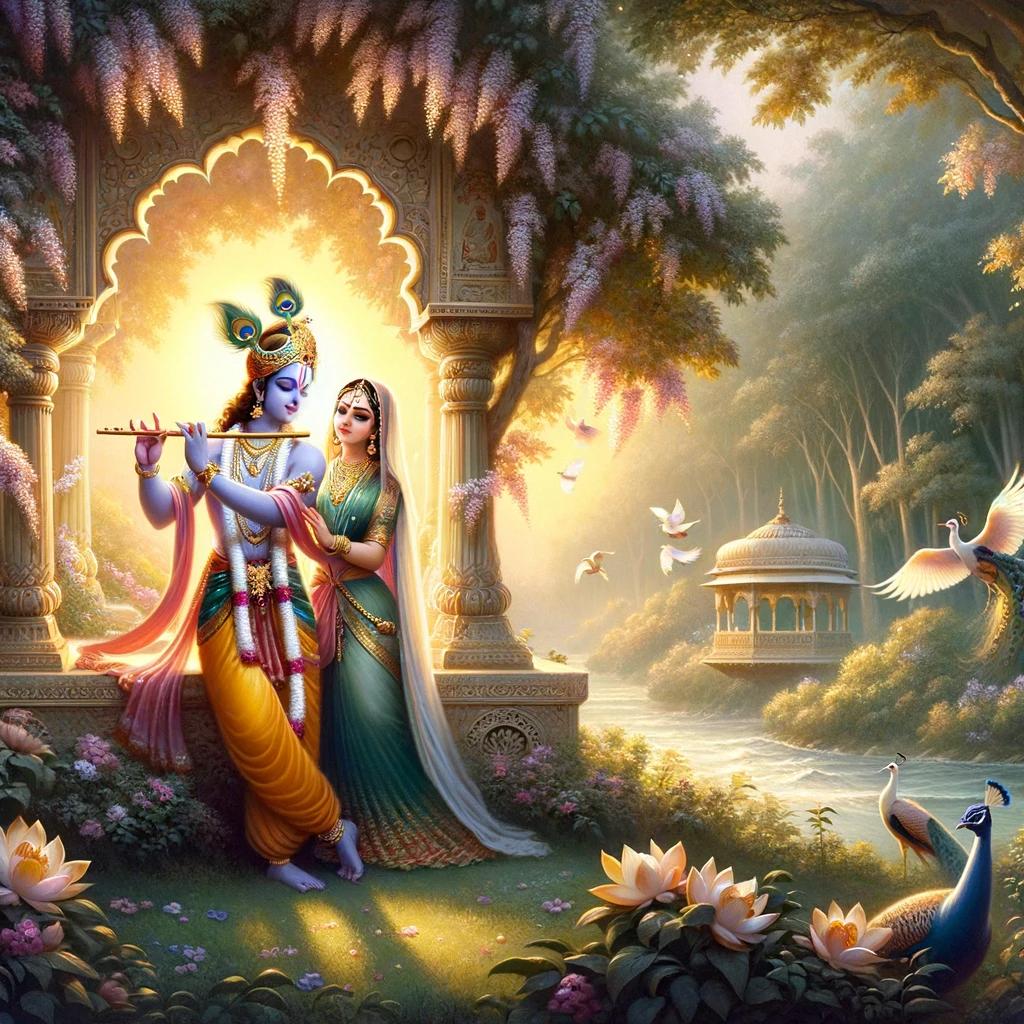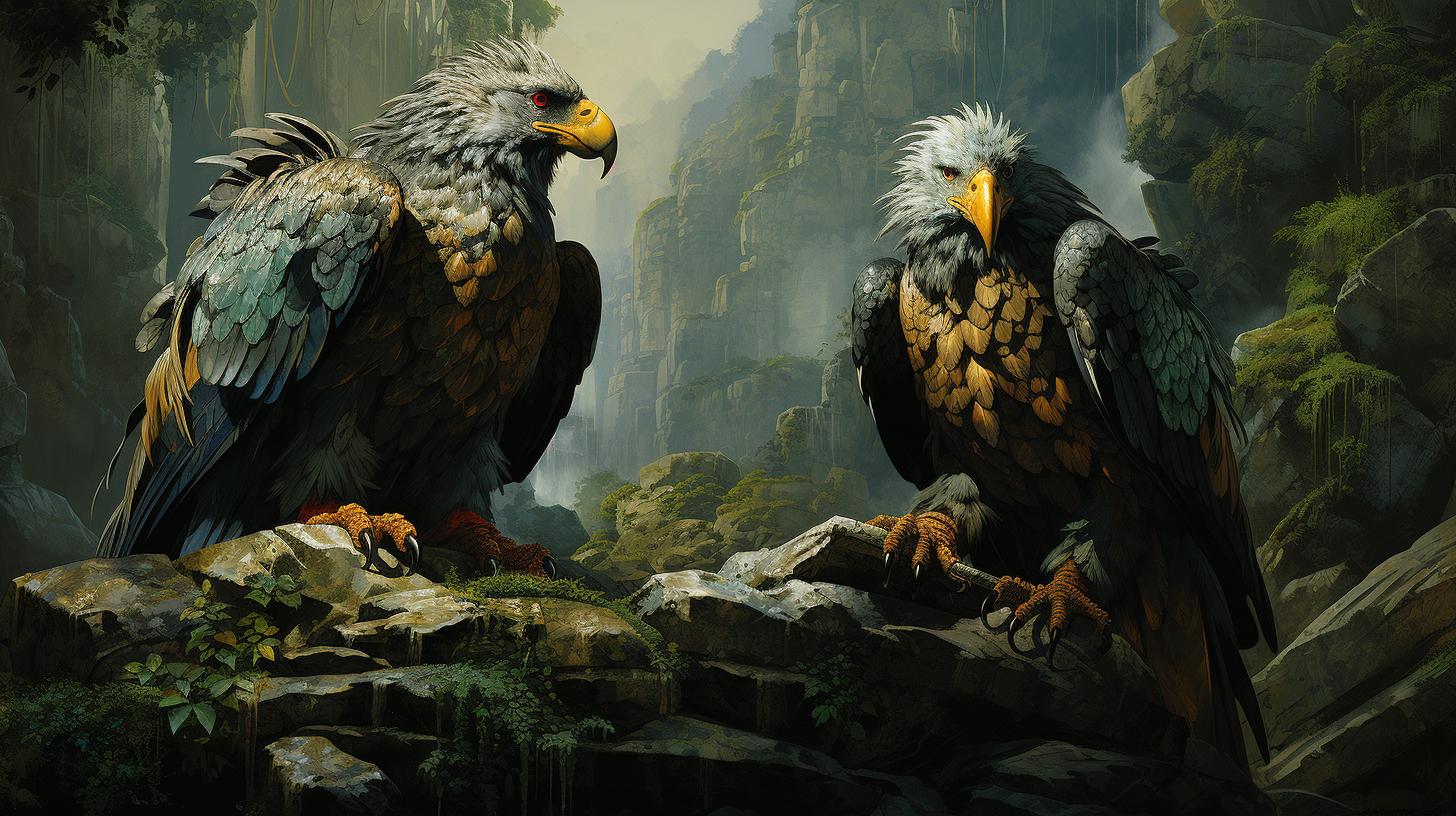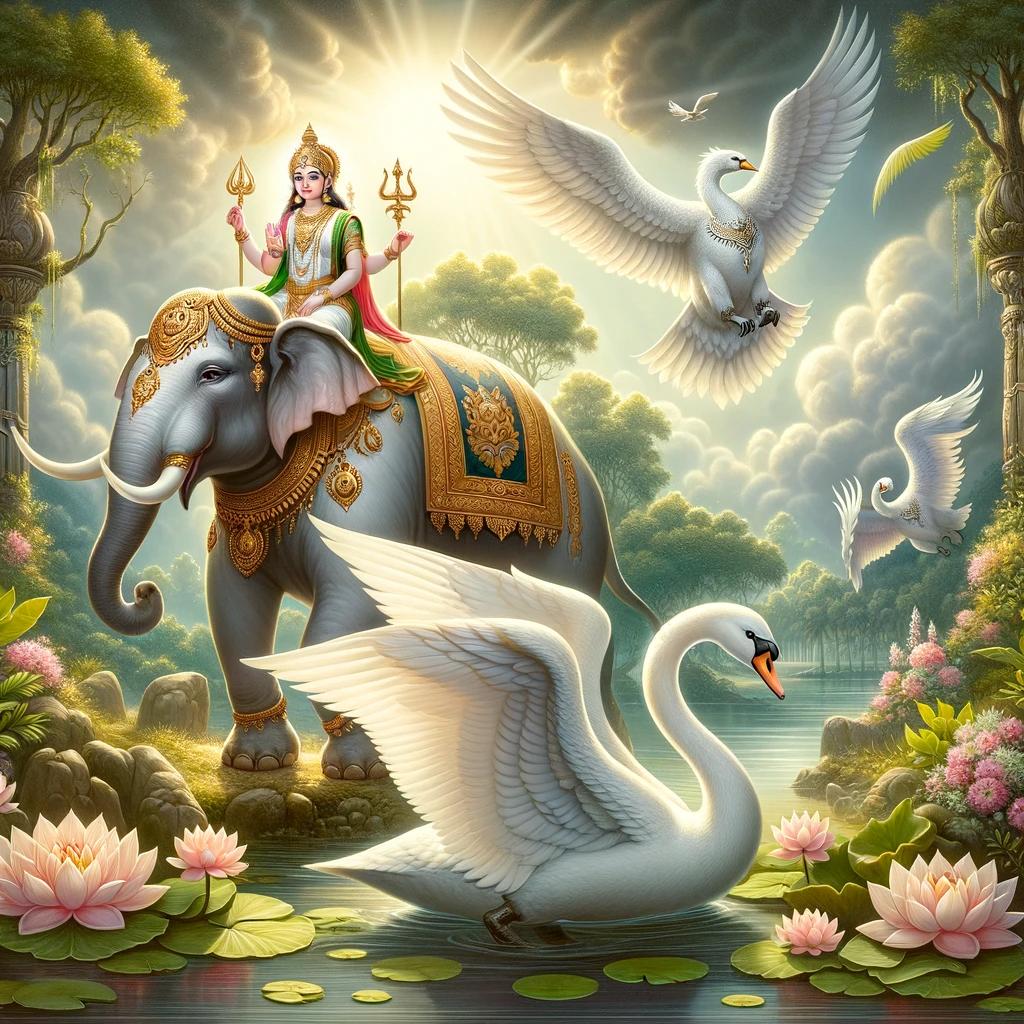Gajasura Demon: The Fierce Tale of the Vengeful Indian Elephant-Demon
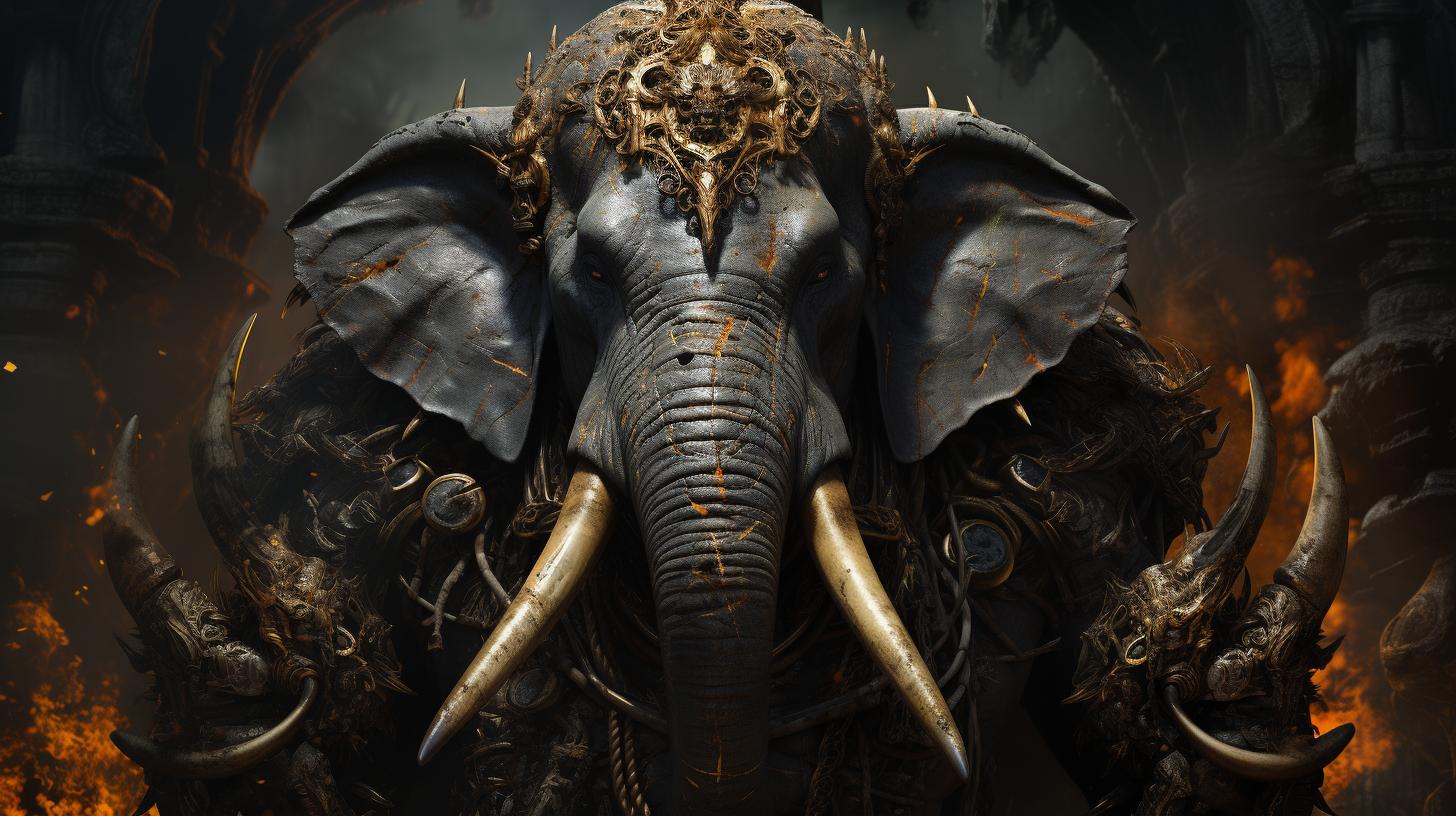
Gajasura demon was a powerful and vengeful figure from Hindu epics. He conquered the three worlds and ruled with an iron fist, oppressing both deities and humans. A fierce battle ensued between Gajasura and the deity Shiva, leading to Gajasura’s defeat and ultimate transformation.
This article explores Gajasura’s story, other demons in Hindu mythology, and the significance of asuras and elephants in Indian culture and Hinduism.
Gajasura’s Tyranny: Conquering the Three Worlds
Gajasura, the fierce demon, rose to power seeking revenge for his father’s death. He attained great power and immunity through penance, enabling him to conquer the three realms. Establishing his rule in Amaravati, the city of Indra, Gajasura exerted his authority over the devas.
However, his insatiable greed and injustice led him to defy scriptures and oppress brahmins, sages, humans, and devas. His tyranny knew no bounds.
Gajasura’s Rule in Amaravati
Having taken residence in Amaravati, Gajasura exerted his dominion over all the devas. His presence instilled fear and subjugation among the celestial beings. With his immense power, he controlled the city and its inhabitants, imposing his will upon them.
Cruelty and Abuse of Power: Oppression of Devas and Humans
Gajasura’s cruelty and abuse of power knew no limits. He unleashed havoc on devas and humans alike, disregarding their well-being. He oppressed and tormented the innocent, showing no mercy. His tyrannical rule caused suffering and despair among those who lived under his oppressive regime.
Disregard for Scriptures: Harassment of Brahmins and Sages
In his arrogant pursuit of power, Gajasura not only defied scriptures but also took delight in harassing brahmins and sages. He showed no respect for their wisdom and virtue, causing distress and turmoil for those who lived a righteous and pious life.
Gajasura’s actions revealed his disdain for spiritual knowledge and divine guidance.
Shiva’s Battle with Gajasura
Shiva, the powerful deity, was called upon by the devas when Gajasura’s tyranny reached the city of Kashi. The once peaceful city now faced immense peril as Gajasura’s presence brought fear and destruction.
Kashi City in Peril
Gajasura’s arrival in Kashi filled the hearts of its people with terror. Devotees and residents were subjected to his ruthless rule, leaving them desperate for salvation.
Devas Seek Shiva’s Help
Recognizing the gravity of the situation, the devas, overwhelmed and fearing for the city’s inhabitants, sought the intervention and divine power of Lord Shiva to vanquish Gajasura and restore peace.
A Fierce Battle Ensues: Shiva vs Gajasura
Upon hearing the pleading cries of the devas, Shiva, adorned with his divine weapons, took on the fearsome Gajasura. A relentless and intense battle unfolded as fierce blows and powerful weapons were exchanged between the two adversaries.
Shiva’s divine trident, known as Trishula, proved to be a formidable weapon, ultimately inflicting a fatal blow upon Gajasura. With this strike, the battle reached its climax, and Gajasura met his demise at the hands of Shiva.
This epic confrontation between Shiva and Gajasura exemplifies the eternal struggle between good and evil.
It showcases the indomitable power of the divine and the triumph of righteousness over tyranny.
Gajasura’s Transformation and Devotion
Gajasura’s defeat in the fierce battle against Shiva marked a turning point in his life, leading to a profound realization of Shiva’s glory. In this section, we explore Gajasura’s transformation and his subsequent devotion to the deity.
Gajasura’s Defeat and Realization of Shiva’s Glory
After a relentless fight, Shiva emerged victorious over Gajasura, dealing a decisive blow with his powerful Trishula. In his final moments, the demon recognized the greatness of Shiva and became a devout follower, offering his praises.
This acknowledgement of Shiva’s divine presence brought about a remarkable change in Gajasura’s perception and disposition.
Shiva Grants Gajasura’s Wish: The Birth of Kritivassas
Impressed by Gajasura’s newfound devotion, Shiva granted him a boon. As a result, Gajasura’s elephant skin transformed into a magnificent cape that bestowed immense power upon its wearer. From that point on, Gajasura would be known as Kritivassas, symbolizing his rebirth and commitment to righteousness under Shiva’s divine influence.
Other Demons in Hindu Mythology
In addition to Gajasura, Hindu mythology is replete with tales of other demons who have played significant roles in the divine narratives. Two notable demons are Gajasurasamhara and Gajamukhasura.
Gajasurasamhara: Shiva’s Battle with Another Demon
Gajasurasamhara depicts the intense confrontation between Shiva, the destroyer, and yet another formidable demon.
In this epic battle, Shiva utilizes his godly power, battling Gajasurasamhara with a fierce resolve. This confrontation showcases Shiva’s divine strength and his unwavering commitment to restoring order and righteousness.
Gajamukhasura: Ganesha’s Triumph and Transformation
Gajamukhasura unfolds the story of Ganesha, the elephant-headed deity, defeating the wicked demon Gajamukhasura. Ganesha’s cleverness and resourcefulness come to the fore as he takes on this formidable adversary.
Ultimately, Gajamukhasura is vanquished, and Ganesha transforms him into a rat, harnessing his power to serve as his loyal vehicle for future endeavors.
Asuras and Elephants in Indian Culture and Hinduism
Significance and Symbolism of Asuras
Asuras hold a significant place in Indian culture and Hindu mythology.
These powerful demonic beings are often portrayed as adversaries of the gods, representing forces of chaos and evil. However, they also embody important philosophical concepts, symbolizing human desires, ego, and the struggle between good and evil.
Asuras teach valuable lessons about the consequences of hubris, materialism, and unchecked ambition. Their stories serve as cautionary tales and reminders of the need for balance and spiritual growth.
The Importance of Elephants in India and Hindu Mythology
Elephants have deep-rooted significance in Indian culture and hold special reverence in Hindu mythology.
They are symbols of strength, wisdom, fertility, and divine power. The deity Ganesha, often depicted with an elephant head, is one of the most beloved gods in Hinduism and is worshipped as the remover of obstacles and the bestower of prosperity.
Elephants also play a crucial role in religious processions and festivals, serving as carriers of sacred deities and embodying auspiciousness and good fortune.
In addition to their symbolic value, elephants are cherished for their gentle nature and their importance in Indian society.
They have historical and religious associations with royalty, representing regal power and majesty. The elephant’s significance extends to conservation efforts, with India being home to a large population of these majestic creatures.
Conservation initiatives aim to protect elephants and preserve their natural habitats, recognizing their ecological importance and their status as a national heritage.
.

